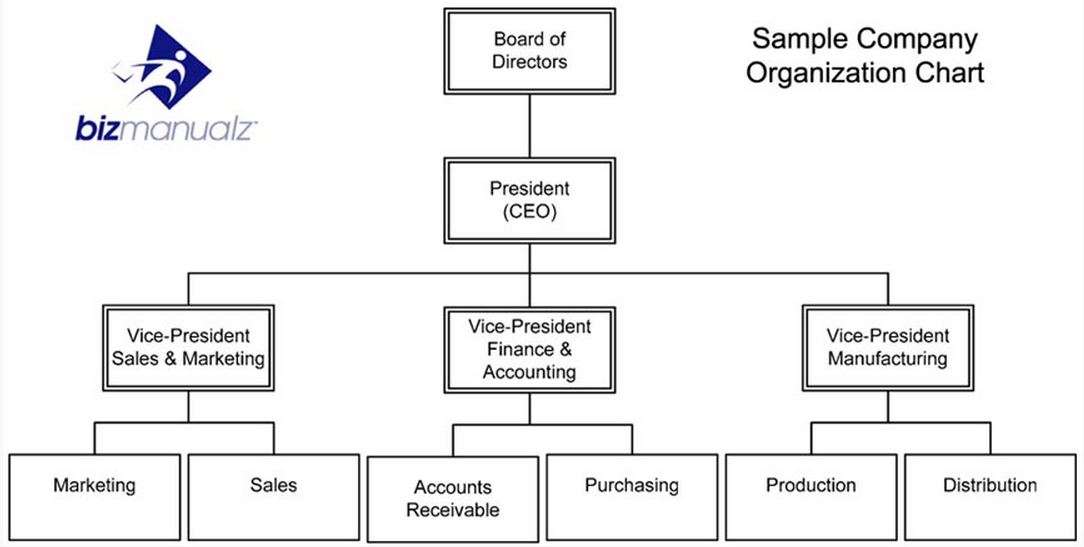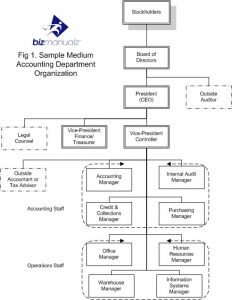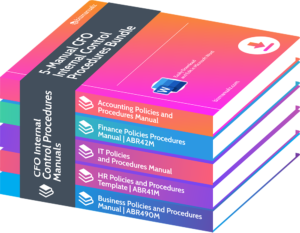What are the Responsibilities of a Company Controller?

The responsibility of a controller in a company typically involves financial management and oversight. Controllers are responsible for ensuring accurate financial records, implementing financial policies, and providing financial analysis and reporting to support decision-making within the organization. Here are some key aspects of a controller’s job:
The Responsibility of a Company Controller
The specific responsibilities of a controller can vary depending on the size and industry of the company. In some organizations, the controller may also have additional responsibilities such as managing IT systems, human resources, or other administrative functions. Here are some essential responsibilities of a controller:
Financial Reporting
Controllers oversee the preparation and presentation of financial statements, including income statements, balance sheets, and cash flow statements. They ensure compliance with accounting standards and regulatory requirements.
Budgeting and Forecasting
Controllers play a crucial role in the budgeting and forecasting process. They work closely with other departments to develop financial plans, set targets, and monitor performance against budgets.
Internal Controls
Controllers establish and maintain internal controls to safeguard company assets and ensure the reliability of financial information. They design and implement procedures to prevent fraud, error, and misappropriation of funds.
Financial Analysis
Controllers analyze financial data and provide insights to support strategic decision-making. They may conduct variance analysis, trend analysis, and performance evaluations to identify areas for improvement and cost-saving opportunities.
Compliance and Audit
Controllers work with auditors to ensure compliance with external audit requirements. They also collaborate with regulatory bodies and ensure adherence to tax laws, financial regulations, and reporting standards.
Cash Management
Controllers monitor and manage cash flow to ensure the company has adequate funds for operations and strategic initiatives. They may oversee treasury functions, including cash forecasting, liquidity management, and investment strategies.
Risk Management
Controllers assess financial risks and implement risk management strategies. They identify potential risks, such as market volatility or changes in regulations, and develop contingency plans to mitigate these risks.
Team Management
Controllers often lead finance and accounting teams. They provide guidance and supervision to team members, oversee day-to-day operations, and facilitate professional development.
How Does the Controllers Job Differ from the CFO?
While the roles of a controller and a Chief Financial Officer (CFO) share some similarities, there are significant differences in their responsibilities and scope within a company. Here are some key distinctions between the two roles:
Focus and Perspective
Controller: The controller’s primary focus is on financial management and reporting. They are responsible for maintaining accurate financial records, ensuring compliance with accounting standards, and providing financial analysis and reporting.
CFO: The CFO takes a broader perspective and focuses on the strategic financial management of the company. They are responsible for financial planning, risk management, capital structure, investor relations, and overall financial strategy. The CFO plays a key role in shaping the company’s financial direction and supporting its long-term goals.
Decision-making and Strategy
Controller: Controllers provide financial information and analysis to support decision-making within the organization. They assist in budgeting, cost control, and performance evaluation. Controllers typically operate within the framework of established financial policies and procedures.
CFO: The CFO is actively involved in strategic decision-making and contributes to shaping the company’s overall business strategy. They assess the financial implications of different initiatives, evaluate investment opportunities, and provide insights on growth strategies. The CFO collaborates closely with the executive team to align financial decisions with the company’s strategic objectives.
External Relationships

Accounting Organization Chart
Controller: Controllers primarily focus on internal financial management and reporting. They work closely with auditors to ensure compliance with regulatory requirements and external reporting standards. They may also interact with regulatory bodies and tax authorities.
CFO: CFOs have a significant external-facing role. They engage with investors, analysts, and financial institutions to maintain good relationships and communicate the company’s financial performance and strategy. CFOs also participate in mergers and acquisitions, fundraising activities, and other external financial transactions.
Leadership and Management
Controller: Controllers often manage the finance and accounting teams within the organization. They oversee day-to-day operations, guide the team, and ensure accurate financial reporting and compliance.
CFO: CFOs hold a higher leadership position and often have broader management responsibilities. They may oversee not only the finance and accounting functions but also other areas such as investor relations, risk management, internal audit, or even IT and legal departments. CFOs play a crucial role in setting the financial culture of the organization and ensuring effective financial governance.
Responsibilities of a Company Controller vs CFO
While the responsibilities of controller and CFO may vary across companies, the CFO generally operates at a higher strategic level and has a more comprehensive view of the organization’s financial landscape. The controller’s role is more focused on financial operations and compliance. Both positions are essential in ensuring sound financial management within a company.

















very useful resources
Very well appreciated and thanks for the explanation
Great job
Great Exposure